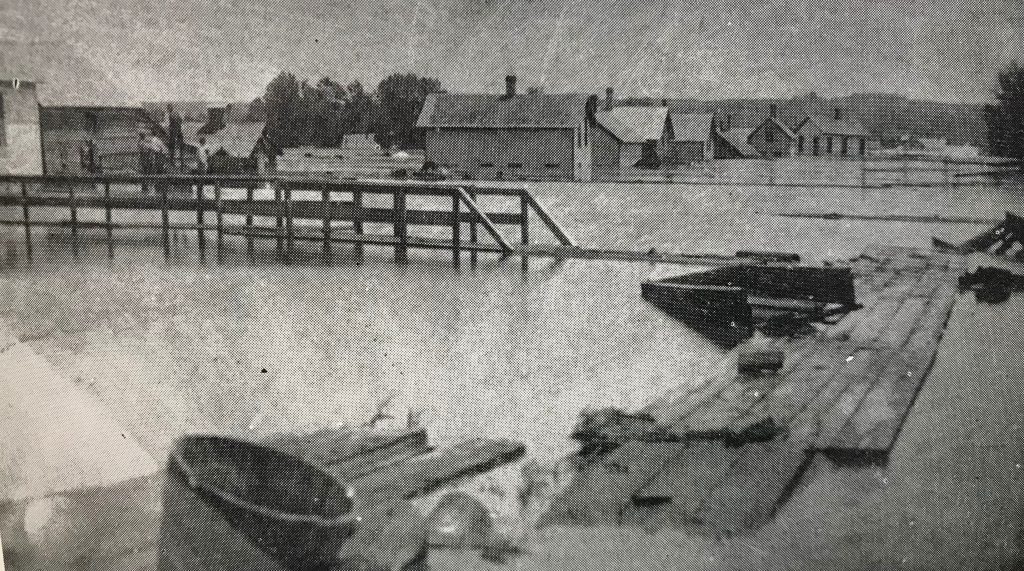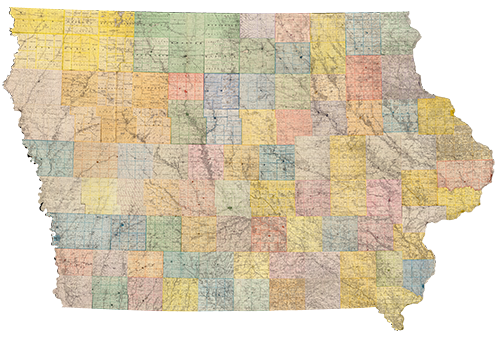A Mayor’s Plea
Cherokee county
1891
In 1914 historian Thomas McCulla reported that the flood of 1891 was the worst the city of Cherokee and all the country of the Little Sioux Valley had ever seen. McCulla himself recalls seeing the river valley two miles wide in some places where a “mighty rushing river” had been. The railroad bridge was moved a half mile from where it had stood. Many were reported homeless, and the damage and needs of the city and county exceeded the financial and physical resources of the place. Mayor David H. Bloom took the unusual step of appealing to the American public directly for support. He published an open letter:
“Cherokee, Iowa, June 27.—To the American public, whose hearts and pocket-books are open simultaneously to every appeal to those in need: The enterprising, progressive and always prosperous little town of Cherokee is in sore distress. Floods have rendered 500 people homeless and dependent upon public charity. Many of these have lost everything they possessed, barely escaping with their lives. The damage done will reach $250,000. Every bridge in the city is gone, and nearly every bridge in the country, so that outside of caring for those who have been rendered homeless, our people feel the burden will be heavy. We feel that we can not meet the immediate wants of all the people in distress and ask the outside world for assistance. Our people have always responded liberally to every appeal for aid, and much as we regret the necessity for asking it, we feel that it is only necessary to notify the American people and our appeal will be responded to. Contributions may be sent to D.H. Bloom, mayor, and our executive committee will see that every dollar is properly expended.
David H. Bloom, Mayor”

